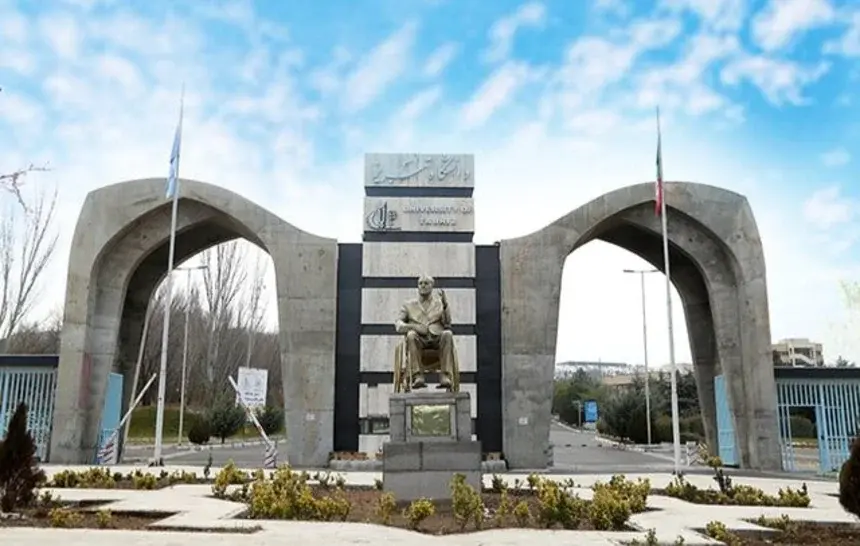Studying MBBS In Russia has become a highly attractive option for Indian students looking for affordable, globally recognized medical education without compromising on quality. Russia has established itself as one of the most preferred destinations for medical aspirants due to its world-class infrastructure, well-equipped hospitals, and cost-effective fee structure. With more than 70 medical universities recognized by global bodies like the World Health Organization (WHO) and the National Medical Commission (NMC) of India, Russia provides not only quality education but also international exposure for students pursuing MBBS.
Why Choose Russia for MBBS?
-
Affordable Fees:
The tuition fees in Russian medical universities range from ₹2.5 lakh to ₹6 lakh per year, making it a cost-effective alternative compared to private medical colleges in India where fees can exceed ₹15–20 lakh annually. -
Globally Recognized Degree:
MBBS degrees from Russian universities are accepted worldwide. Graduates can practice medicine in India after clearing the FMGE/NExT exam or pursue licensing exams in the USA, UK, Canada, or other countries. -
English-Medium Programs:
Many universities in Russia offer MBBS programs in English, removing language barriers and making learning easier for international students. -
No Donation or Capitation Fee:
Unlike Indian private colleges, Russian universities strictly follow transparent fee structures without hidden charges. -
Modern Infrastructure and Clinical Training:
Medical students gain practical exposure in state-of-the-art laboratories and affiliated hospitals, ensuring they graduate with strong clinical skills.
Duration of MBBS in Russia
-
Total Duration: 6 years (5 years academic study + 1-year internship).
-
Medium of Teaching: English/Russian (some universities may require students to learn basic Russian for interaction with patients during clinical training).
For English-medium courses, the entire program is 6 years, while Russian-medium courses may extend to 7 years due to an additional preparatory year.
Eligibility Criteria for MBBS in Russia 2025
-
Students must have completed 10+2 (Physics, Chemistry, Biology, and English).
-
Minimum 50% marks in PCB (40% for reserved categories).
-
Must be 17 years old on or before 31st December 2025.
-
NEET qualification is mandatory for Indian students to be eligible for admission and future practice in India.
Admission Process for MBBS in Russia
-
Application Form Submission: Students apply directly to their chosen university with academic transcripts and NEET scorecards.
-
Issuance of Admission Letter: Once shortlisted, the university issues an official admission letter.
-
Invitation Letter & Visa: After acceptance, students receive an invitation letter required for visa processing.
-
Visa Application & Approval: Apply for a student visa at the Russian Embassy with required documents.
-
Travel & Enrollment: Students arrive in Russia and complete enrollment formalities before commencing classes.
Fee Structure for MBBS in Russia 2025
Here is an overview of some popular universities and their approximate MBBS fees:
| University | Duration | Tuition Fees (USD) | Approx. Total Cost (INR) |
|---|---|---|---|
| Mari State University | 6 Years | $19,200 | ₹13.44 lakh |
| Omsk State Medical University | 6 Years | $12,600 | ₹8.82 lakh |
| Bashkir State Medical University | 6 Years | $21,000 | ₹14.47 lakh |
| Crimea Federal University | 6 Years | $25,500 | ₹17.85 lakh |
| Volgograd State Medical University | 6 Years | $36,000 | ₹25.2 lakh |
| First Moscow State Medical University | 6 Years | $60,000 | ₹42 lakh |
| Kazan Federal University | 6 Years | $35,000 | ₹24.5 lakh |
Cost of Living in Russia for MBBS Students
-
Accommodation (Hostel): USD 300–500 per year (₹25,000–40,000).
-
Food Expenses: ₹8,000–12,000 per month (Indian mess facilities available in many universities).
-
Transport & Utilities: ₹2,000–4,000 per month.
-
Overall Living Cost: Around ₹12,000–20,000 per month depending on city and lifestyle.
This makes Russia one of the most budget-friendly destinations for Indian students compared to countries like the USA, UK, or even private colleges in India.
Advantages of MBBS in Russia
-
Affordable education compared to private Indian colleges.
-
No entrance exam other than NEET.
-
Globally recognized degrees.
-
Exposure to European standards of medical education.
-
Safe and multicultural environment with thousands of Indian students already enrolled.
-
Opportunity to pursue higher studies or practice in countries like USA, UK, Canada after licensing exams.
Comparison: MBBS in Russia vs MBBS in India
| Factors | Russia | India |
|---|---|---|
| Admission | NEET + Direct Admission | NEET (High Competition) |
| Tuition Fees | ₹15–35 lakh (total) | ₹40–80 lakh (private colleges) |
| Medium of Teaching | English / Russian | English / Regional |
| Global Recognition | WHO, NMC, FAIMER, ECFMG | WHO, NMC |
| Clinical Exposure | Modern labs, early exposure | Varies (best in govt. colleges) |
Challenges of Studying MBBS in Russia
-
Climate: Harsh winters can be challenging for Indian students.
-
Language: Outside of academics, Russian is the common language, so students need to learn basics for daily life.
-
FMGE/NExT Exam: Students must qualify in India’s screening exam after MBBS to practice in India.
Career Opportunities After MBBS in Russia
-
Practice in India: Clear FMGE/NExT and start a career as a doctor.
-
Work Abroad: Graduates can apply for licensing exams like USMLE (USA), PLAB (UK), AMC (Australia), or MCCQE (Canada).
-
Higher Education: Pursue PG courses like MD/MS in India, Russia, or other countries.
-
Research & Academics: Opportunities for specialization, research, and teaching in universities.
Conclusion
Pursuing MBBS in Russia in 2025 is one of the most cost-effective and rewarding pathways for Indian students aspiring to become doctors. With affordable fees, globally recognized degrees, English-medium programs, and simple admission processes, Russia stands out as a top destination. Students not only benefit from high-quality education but also from cultural exposure, modern facilities, and future career opportunities across the globe.

